
Sam Kliger, director of Russian-Jewish Community Affairs at the American Jewish Committee and chairman of EDI’s board
According to preliminary data from a survey being conducted by Sam Kliger, director of Russian-Jewish Community Affairs at the American Jewish Committee, between 60 and 70 percent of Russian-speaking Jews will vote Republican in this election. About that same percentage of American Jews backed Barack Obama in 2012.
SAN FRANCISCO—Janna Sundeyeva still remembers life in the Soviet Union, where stores in remote regions would lack meat for months at a time and toilet paper had to be snatched up quickly on the rare occasions it appeared.
But the minor indignities paled in comparison to what happened to her grandfather: He had the chance to come to America in 1929, but he opted to stay, sensing an economic thaw. Seven years later, Sundeyeva says, he was arrested and never heard from again.
Sundeyeva immigrated to San Francisco from Moldova in 1994, and now she and her husband run a Russian-language newspaper here called Kstati. Her Soviet experience colors how she sees U.S. politics to this day.
Interviews with more than a dozen immigrants from the former Soviet Union in the Bay Area suggest that some in the community are recoiling from Bernie Sanders and his leftist ideals. One hundred years after the Bolshevik Revolution swept Communists into power, some Russians in America say they can’t believe a serious candidate in the United States is calling himself a socialist.
As another Russian émigré, Tatiana Menaker, put it, “We feel like we survived a plague, and now we are seeing people with boils on their skin.”
Most of those who’ve immigrated from the former Soviet Union to the United States over the past few decades have been Jewish. Estimates of America’s Russian-speaking Jewish population range from 350,000 to 750,000, and about 40,000 of them settled in the Bay Area. Jews born in the Soviet Union now account for about 5 percent of the American Jewish population.
Menaker and Sundeyeva are part of a small circle—indeed, they know each other. Like with any immigrant group, the political views of Russians in the United States range widely. Ilya Strebulaev, a Russian-American and a finance professor at Stanford, said the left-leaning Russians he knows outnumber the right-leaning ones.
“Why did [Soviet] Russians live in such a shit hole? They didn’t even have a word for Q-tips,” she said. “Americans had wonderful foods and Russians had no cheese.” The difference in lifestyles, she said, can be chalked up to Judeo-Christian values—the kind embodied by her personal hero, Ted Cruz.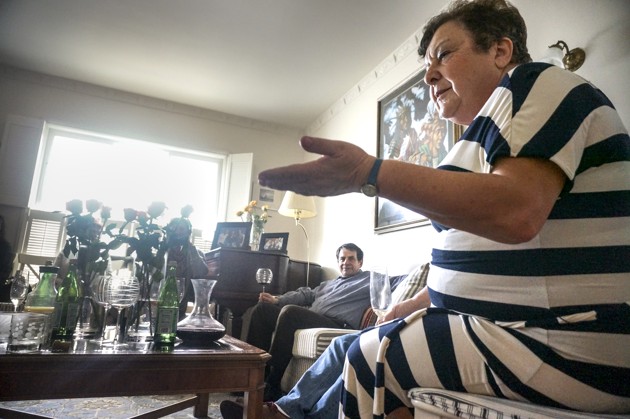
Menaker recently hosted a birthday gathering for her friends in her three-story home in San Francisco’s “Little Russia” neighborhood.
Many of them are torn between Cruz and Trump. “Cruz, I like that he’s conservative,” said Shkolnikov. “But what is not appealing to me is that he sounds like he’s preaching all the time. Maybe it’s because I’m Jewish, but I don’t like when Christians are preaching too much.”
Russian Jews in America value hard work and overcoming adversity, said Evgeny Finkel, a political science professor at George Washington University, who is of Ukrainian Jewish descent. “They worked hard and succeeded, back there in the USSR and especially here in the US. [In their minds], if others don’t succeed it is because they don’t want to, not because of structural problems.”
I suggested to Menaker’s guests that even the most extreme of Sanders’ proposals—to make America resemble a Scandinavian country—is not quite as radical workers rising up to seize the means of production.
The Russians didn’t buy it. There’s no need for America to become more like Finland or France, they said. “They think Finland is just America with free medical care. Finland is good for people who are on welfare for a long time,” Nadia Shkolnikov said. “Not if you want to rise up.”
That brought about a discussion of Obamacare and single-payer healthcare. Specifically, how bad they consider it to be for providers. The saying in the Soviet Union was that a doctor who worked one shift had nothing to eat, and one who worked two shifts didn’t have the time to.
According to the AJC’s Kliger, the opposition to immigrants, by immigrants, is not surprising. “Every immigrant group wants to be unique,” he said. “They come here, and they don’t want others.”
The Bay Area’s small Russian population won’t swing deep-blue California in the general election, of course. And Menaker’s crew doesn’t even represent all the Russians in the state. Several people at Menaker’s house lamented that their adult children are turning out to be more liberal than they are. (“Our children are all brainwashed already,” Menaker said.)
But their views provide insight into the rise of Trump, a phenomenon that has bewildered many liberals. Several of the guests said they appreciate Trump’s tendency to “say what people are thinking”—a definite plus in a culture not exactly known for being timid.
I asked her about some of Trump’s more outlandish statements, like the idea that women who have abortions should be punished. Sundeyeva said that was taken out of context. Chris Matthews cornered him, she said, and “Trump is not very good when when you push him hard.”
Besides, some of her own beliefs make Trump sound like Chomsky. About Muslim refugees, she said, “I don’t trust them, they have a different culture, different beliefs. Right now, they are coming to the White House. Clinton’s aide, Huma Abedin, she is the sister of or daughter of a Muslim Brotherhood guy.” (That claim, put forward by former GOP presidential candidate Michele Bachmann and four members of Congress in 2012, was widely debunked, including by John McCain.)
Back at the party, there were plenty of misgivings about Trump and his tendency to “say dumb things.”
“I don’t think someone can be president when people are laughing at him,” Alec Budman said.
Despite those apprehensions, Hillary Clinton was out of the question for most in the group. Economically, she’s far too left for them, and personally, they just don’t seem to like her. When pressed with a Clinton-versus-Trump scenario, all but two people said, essentially, “anyone but her.”
“To defend the country from Hillary,” Menaker said. “I would vote a dinosaur.”
Origin – theatlantic.com

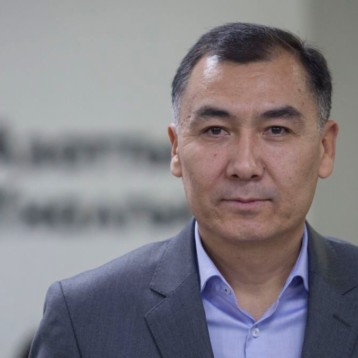
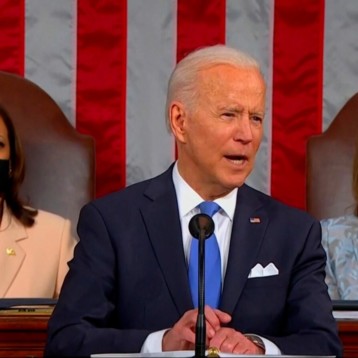
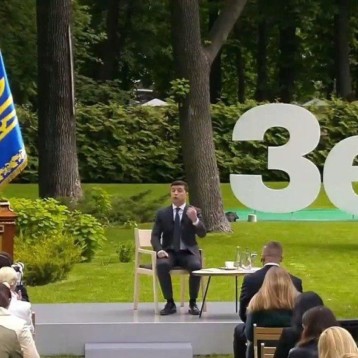
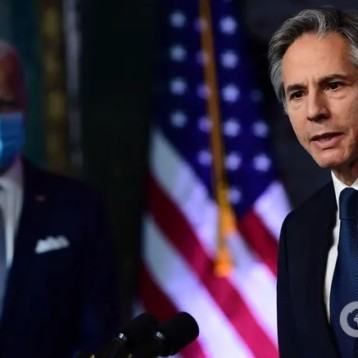
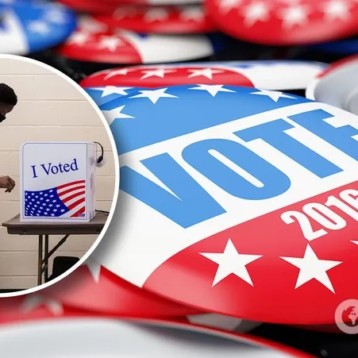
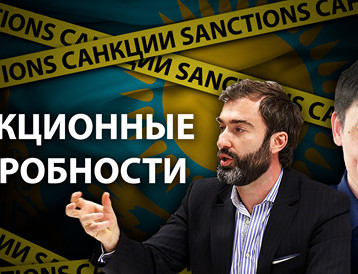
You must be logged in to post a comment.